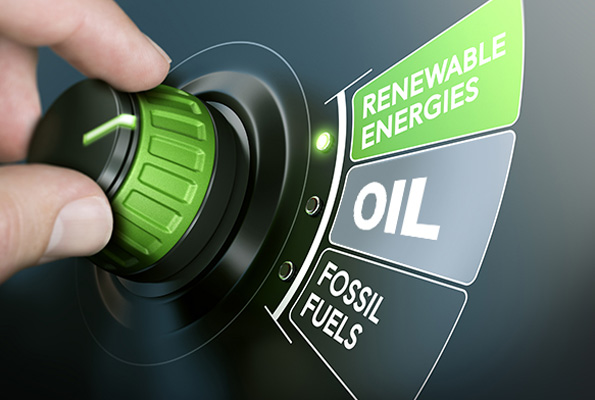The United Arab Emirates’ climate minister cites robust global demand as a reason for increased crude output rather than any plans to reduce oil production in favour of renewable energy. The UAE continues to raise its oil production in response to demand as one of the few nations able to do so. However, the head of the state-owned oil company, ADNOC, is concerned that if other nations stop investing in oil and gas, we may have energy shortages as we switch to renewable energy sources.
The UAE announced plans to increase its oil production to 5 million barrels per day (BPD) five years sooner than anticipated in September. The Abu Dhabi National Oil Company (ADNOC) wanted to produce 5 million BPD of petroleum by the decade’s end. ADNOC now believes it can achieve this aim by 2025 to fully capitalise on the increasing global demand—ahead of a demand decrease in reaction to the transition to green—thanks to increased investment.
Only the UAE and Saudi Arabia still have extra oil production capacity, while other oil-producing nations struggle to restore their output to pre-pandemic levels. Although the increase in production levels has a price, the UAE wants to sell more oil and natural gas while fossil fuel costs are still high. Despite global scarcity, natural gas prices have skyrocketed this year, and oil-producing nations have benefited. Oil prices have been breaking records all year.
Regarding its new objective, ADNOC said, “We will continue to investigate potential alternatives that can further unlock value, free up capital, and boost returns as we embrace the energy revolution and future-proof our business.”
Additionally, the company has asked that foreign partners in its oil fields increase their crude output by at least 10%. According to experts, if ADNOC achieves its 2025 objective, it may raise its target for 2030 to 6 million BPD.
The UAE’s average output in August was 3.4 million BPD, even though it attributes the low number to OPEC’s oil production limitations. Moreover, the most recent OPEC+ announcement, which states that it will limit oil production even further out of concern for a decline in global demand owing to economic pressures, might further impede output. Beginning in November, OPEC+ will cut output by 2 million BPD in all member states.
However, Mariam Almheiri, the UAE’s Minister for Climate Change and the Environment, has clarified, “We will continue to provide oil and gas to the globe as long as it is needed.”
Olaf Scholz, the German chancellor, travelled to the United Arab Emirates in September to strengthen Germany’s ties with the oil-rich nation and weaken the country further from its dependency on Russian energy. The UAE and Germany recently signed a contract to distribute liquefied natural gas. The first delivery is anticipated for the end of the year. Natural gas is considered an essential component of the energy transition, even if many European nations are moving away from fossil fuels and toward renewable alternatives. Germany and other European countries will be able to meet their energy needs by using a “cleaner” fossil fuel as they expand their ability to produce green energy.
Almheiri is unwavering in her support for the growth of a robust renewable economy in the United Arab Emirates, even as she continues to advocate for investment in the oil and gas sector. She stated that one must exercise caution because debates are taking place concerning energy. However, one must also keep the backdrop of economic development and climate change.
It’s not just about the production, she remarked about the nation’s renewable energy initiatives. One must consider the distribution, the network, and the storage. It’s an intricate network.
“UAE must work on economic growth, energy security, and climate altogether,” she continued.
However, not everyone is as upbeat about the future of the oil and gas industry. In September, Sultan al-Jaber, CEO of ADNOC, stated that the oil markets, which may be prone to more disruption due to a lack of spare capacity, did not leave much room for manoeuvre. He asserted that the world is only starting to develop its ability for renewable energy and that underinvestment in fossil fuels may result in a gap between supply and demand.
“If people’s basic energy requirements are not satisfied, economic progress and climate action slow down. We will only make things worse if we underinvest in today’s energy system before tomorrow’s energy system is ready,” he said.
According to the CEO, current spare oil capacity only accounts for 2% of global demand, a problem that OPEC+ has repeatedly raised. Moreover, this buffer is unlikely to develop without additional investment in oil and gas outside the UAE and Saudi Arabia, which means dependence on the two oil-rich nations will stay high as demand rises.



